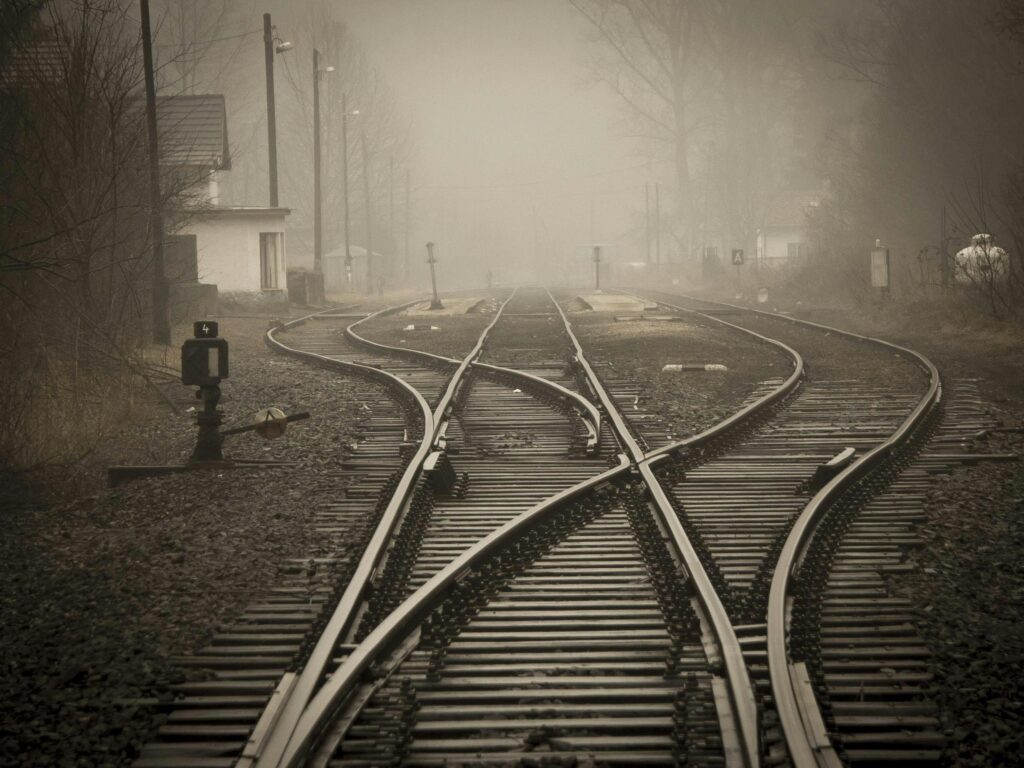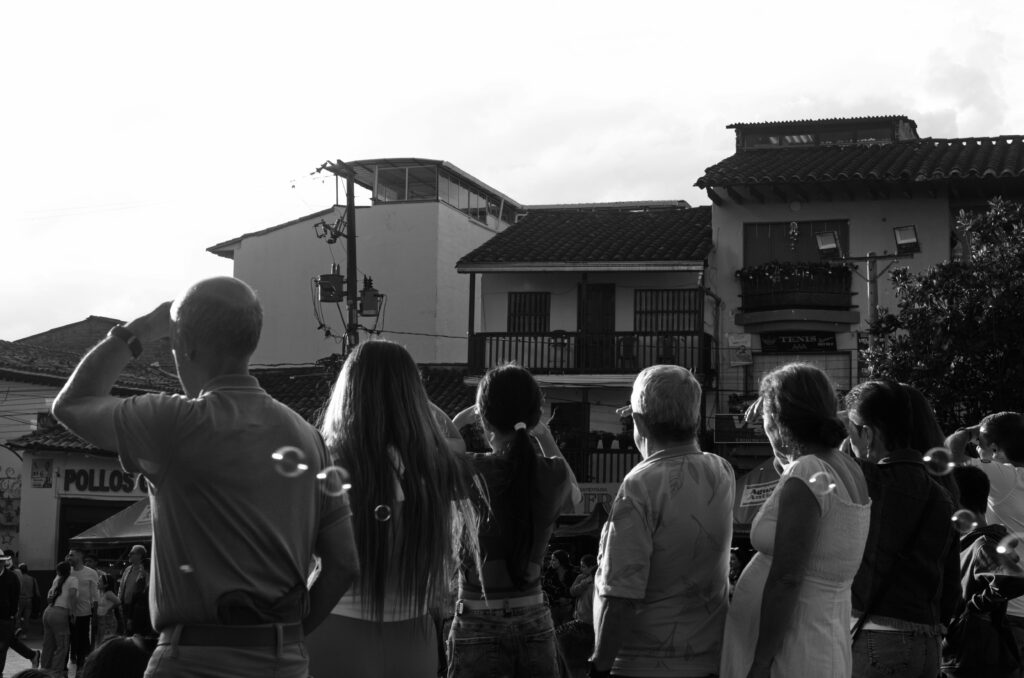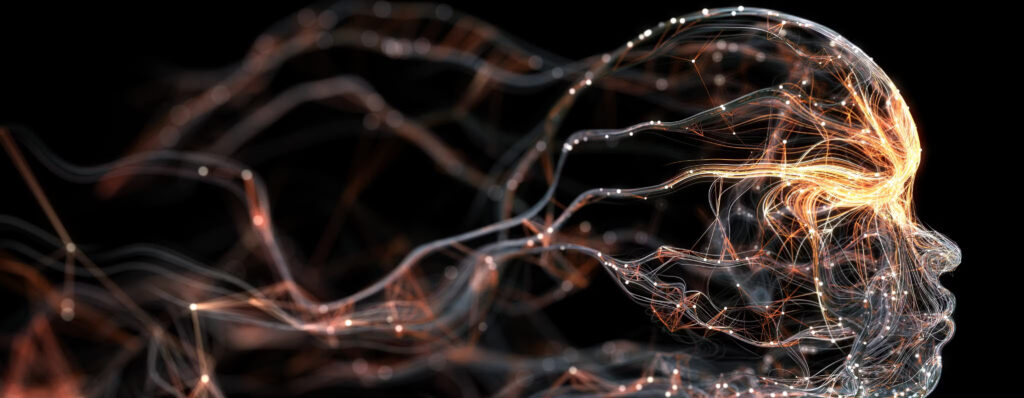The ways of the life
The joy, tears and so many whys that the Holy Virgin kept in her heart show us the way to live the mystery of life.

Like television series, I have had several seasons running from childhood to this base sixty stages called senior adulthood. It is likely that, for many, each decade of life has brought us some break with its colors and aromas; laughter and tears; dramas and comedies; comings and goings. Perhaps, too, there is more than one tear in the heart, because where love is, pain is also usually present.
In this bustle of years, I think about what Gabriel Marcel said: “Life is not a problem that we have to solve, but a mystery that we have to live.” A problem, like the ones we used to have in mathematics, has a solution. Logic makes its way through the tangle of data and the theorem, sooner or later, is proven. Well, life is not a problem where the data fit one after the other, in such a way that the whys and wherefores that we ask ourselves receive a complete answer, illuminating all of human existence. Life is, rather, a mystery that we must explore willing to be amazed, making our way as we walk, in an accompanying adventure that expands our vision and expands our heart to discover our mission: what we have to do, what we have to achieve to be, who we must serve, to whom we give our lives. Below are some glimpses of this mysterious life:
The breaks in personal biography
The dreamed life project does not always correspond to the life realized. Congratulations when project and reality coincide or are symmetrical. But in many cases, projects are truncated due to supervening circumstances, giving rise to new trajectories. It is natural to lament the loss of the dream of our life, but it is no longer good law to remain bogged down in continuous lament. Tagore is right when he points out that “if you cry for having lost the sun, the tears will not allow you to see the stars.” Yes, we would have liked life to have the dreamy spring directions full of idyllic happiness. We have taken other paths and, perhaps, it is worth taking into account Tagore’s advice to prevent tears from preventing us from seeing the wonder of the starry sky, so that we find the droplets of happiness in what is next to us, leaving out nostalgia. of what was lost. Everything has its time.
In this same direction, Erik Varden says that Maïti Gertanner, heroine of the French Resistance, was subjected to harsh torture that truncated her virtuosity on the piano in addition to physically disabling her: “suffering, for me, was not a transitory state, but a way to be”. However, despite these unintended limitations, a certainty was born in her: “she did not have to be nostalgic for what had been or what could have been. Instead, I had to love what was and look for what I should be.” Maïti’s attitude is admirable. She doesn’t get bogged down in destroyed projects. She assumes the situation in which she finds herself and opens herself to new, vital alternatives. It is not simple resignation, it is recognition and affirmation of her being. She started again, without bitterness. The path must continue, and she does it by elevation without giving up love. It is the nunc coepit (now beginning) that we must carry out throughout our human biography: changes in our profession, reinventions of our skills, taking charge of the fragility and vulnerability of the years and so many other surprises that life holds for us.
Will for meaning and responsibility
In times of calm or rough waters, human beings look for a direction in the navigation of life. We require an anchor, to be in something and we also try to find an answer to the why of what we do. “There is nothing in the world,” Frankl maintains, “that is so capable of consoling a person from internal fatigue or external difficulties as having the knowledge of a specific duty, in a very concrete sense, not in the whole of its life, but here and now, in the concrete situation in which one finds oneself. To move calmly through life, we require a North. This point of reference gives direction and argument to human existence. There will be no shortage of stretches of life in which we become disoriented and vital stagnation or erratic activism ensues. Neither one nor the other fills you. The important thing is that the North is still there like a lit beacon, pointing out the path to which we can return. With Víctor Andrés Belaunde, it could be said that we are in a coming and going of restlessness and serenity, with a permanent aspiration for plenitude.
On the other hand, in the face of a certain culture of pessimism and attitudes that tend to condescendingly justify the weight of responsibility for one’s own actions, with Frankl we can affirm that human beings are capable of self-transcendence: neither heredity nor predispositions. Neither the environment nor education are a cage that irremediably traps us and condemns us to unhappiness. “The fatalist,” notes Frankl, “tells himself that shaking hands with life is not only useless, but completely impossible, because we are not free, nor even responsible, but rather we are the victims of the situation, of the environment of the circumstances”. To this defeatism, Frankl proposes that there is an irreducible core in the human creature that elevates us to assume responsibility for the beneficial or reprehensible actions that we carry out without hiding behind the fatality of history: the more freedom, the more responsibility.
A hurting heart
Life has its share of fatigue. How many times do we find ourselves overdrawn or overwhelmed by the daily hustle and bustle or by problems that pull us from here to there. These are situations that disorient us and we can’t take it anymore. Rest and consolation come in handy. These overloads take away our physical and emotional vigor; Without a doubt, we can say that we are not in the best moment. However, so many times, even in these circumstances of decline, we can draw strength from weakness to carry out an activity, even when neither the spirit nor the strength are with us. These verses by Antonio Machado come to mind: “Woe to our nightingale, / if on a serene night / he is cured of love sickness / he cries and sings without pain!” We are aware that many good songs and poems are born from the afflicted heart of the poet. Delicious desperate songs and very heartfelt love poems. That same suffering heart does not exhaust itself in his sorrow, because he knows pain, he is able to bring comfort to his neighbor. Badly injured and all, with a broken wing and a troubled soul, we can bring joy and be support to those around us.
Happy here to be happy There
“The happiness of heaven, said Saint Josemaría, is for those who know how to be happy here on earth.” We seek happiness and, although life is not all rosy, we do not give up being happy here, with and among our peers. The mystical wishful thinking that this saint spoke of is a good characterization of those who hope to be happy without the inconveniences along the way: “I wish I had not gotten married, I wish I had been born in another country, I wish I lived without the insecurity of the moment, etc.” We find evils and tares everywhere: in the family, the neighborhood, the city, the world. We do not live in the best of all possible worlds, nor does the perfect city exist. Evil is real, and we all need redemption: a who here and a who in Heaven to save us. On a daily basis we are called to sow, with effort, seeds of peace and joy, trying not to blind the sources of hope.
For a Christian, the Cross is not new, there is no Resurrection without Passion, nor happiness without tears. The Maiden of Nazareth to whom the Archangel Gabriel says “Rejoice, Mary” when he announces that she will be the Mother of the Redeemer, she is the Sorrowful Mother herself, full of tears next to the Cross of her Son. The joy, tears and so many whys that the Holy Virgin kept in her heart show us the way to live the mystery of life.
 (EN)
(EN)
 (ES)
(ES)
 (IT)
(IT)





